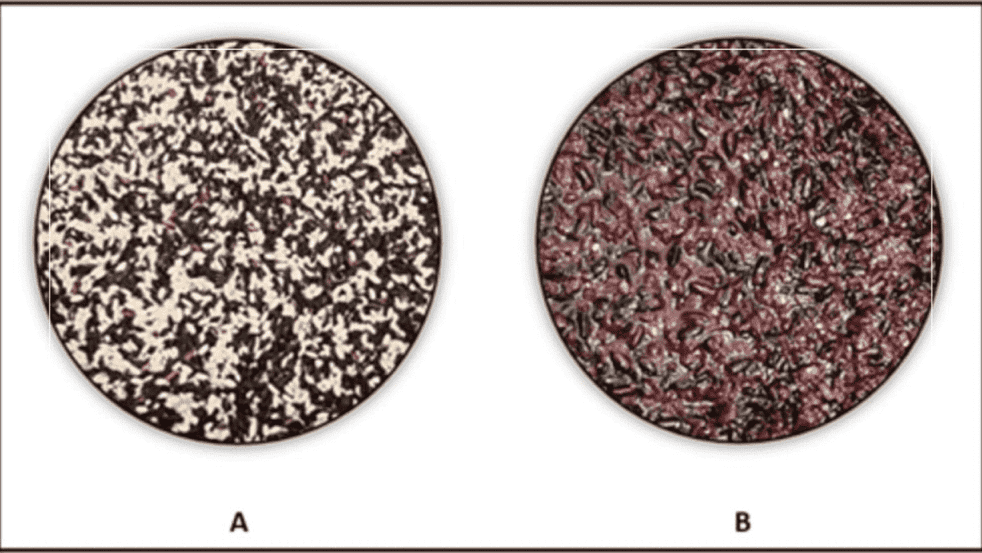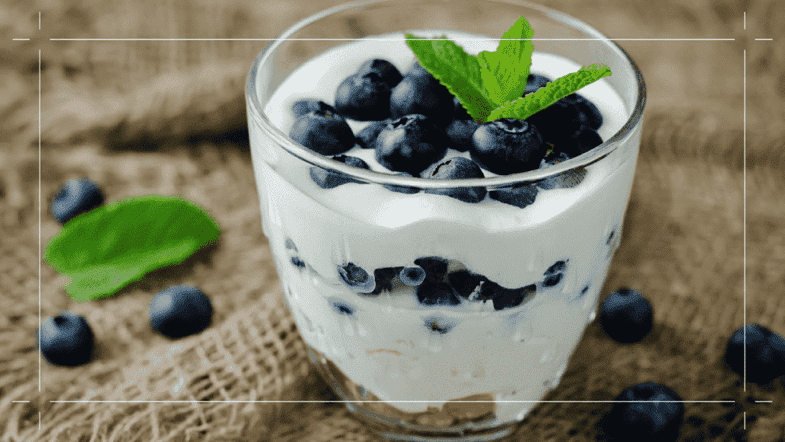Groundbreaking research shows that a psychedelic drug may slow aging naturally and extend lifespan. Discover how this remarkable drug preserves telomeres, increases cellular health, and may revolutionize anti-aging therapies. Learn the science behind slowing aging naturally with psychedelics and what this could mean for the future of longevity.
Psychedelic Drug May Slow Aging, Breakthrough Study Shows
The pursuit to slow aging naturally has taken a surprising turn with recent research spotlighting the classic psychedelic compound psilocybin. Traditionally known for its mind-altering effects found in “magic mushrooms,” psilocybin has now been shown to extend lifespan and preserve key markers of cellular youth in aged mice—paving the way for possible geroprotective interventions in humans.
Psilocybin Extends Lifespan & Preserves Telomeres in Aged Mice
A groundbreaking study from Emory University and Baylor College of Medicine, published in npj Aging, has demonstrated that psilocybin and its active metabolite psilocin can extend cellular lifespan and improve survival rates in elderly mice. The research surprisingly positions psilocybin—a substance primarily explored for its mental health effects—as a promising candidate for slowing aging and improving longevity.
The authors state their study provides “the first experimental evidence suggesting that psilocybin may impact multiple hallmarks of aging,” offering strong support for the academically debated “psilocybin–telomere hypothesis.” This hypothesis suggests that serotonergic psychedelic interventions might help preserve telomere length, which is strongly associated with biological youth and longevity.
Cellular Mechanisms: Delaying Senescence and Reducing Oxidative Stress
At the heart of healthy aging lies the ability of our cells to resist senescence and oxidative stress. In the Emory and Baylor study, human lung and skin fibroblasts treated with psilocin showed delayed senescence, increased population doublings, and notably preserved telomere length compared to controls. The treated cells also had reduced oxidative stress markers and shifted their cellular redox balance toward maintenance and repair. These effects were dose-dependent, meaning greater effects were observed at higher concentrations, without promoting harmful cell changes.
In Vivo Data: Improved Survival and Signs of Youth
To test these effects in an entire organism, the researchers administered monthly doses of psilocybin to 19-month-old female mice (roughly equivalent to humans aged 60–65) for ten months. The psilocybin-treated group showed significantly higher survival at the end of the study—80% vs 50% in controls. Additionally, the treated mice showed signs of improved fur quality and less hair whitening, qualitative but notable indications of slowed aging.
Unusually, this late-life intervention demonstrates that potential anti-aging effects may still be attainable, even when treatments begin later in life.
Psilocybin: More than Mental Health
Psilocybin is best known for its ability to induce altered states of consciousness and for its rapidly expanding therapeutic applications in depression and anxiety. However, its primary brain receptor, 5-HT2A, is also present in many other tissues, including skin, blood vessels, and immune cells. The study found that psilocin increased levels of SIRT1, a gene associated with longevity and cellular stress resistance. SIRT1 is also a key player in the benefits seen with other well-known “anti-aging” interventions like calorie restriction and NAD+ boosters.
A Peek at Epigenetic and Multi-System Effects
Researchers are also intrigued by psilocybin’s potential to induce long-lasting epigenetic effects—shifts in gene expression related to DNA methylation and chromatin remodeling, known to play a crucial role in how we biologically age. While this aspect remains speculative, the persistent benefits of psilocybin seen after only a handful of doses, both mentally and physically, suggest these mechanisms are worth further study.
The Overlap of Aging and Mental Health
An increasing body of evidence suggests that aging and mental health are deeply interconnected. Chronic inflammation, oxidative stress, and epigenetic changes are common threads linking depression with biological aging. If psilocybin improves both mood and systemic resilience, it may emerge as a dual-purpose intervention—slowing aging while benefiting emotional well-being.
Challenges and the Road Ahead
Despite its promise, psilocybin remains a Schedule I drug in the US, complicating further research and application. With FDA breakthrough therapy designation for psychiatric uses, momentum may grow for expanding clinical trials into the geroscience field.
Key Takeaways: Slowing Aging Naturally with Psilocybin
- Psilocybin may extend lifespan and stall aging by preserving telomere length and reducing cell stress.
- Late-life interventions in mice suggest potential for older adults.
- The study bridges the gap between mental health and longevity, showing that interventions impacting mood may also influence the aging process.
- Regulation lags behind the science, but interest in natural and pharmacological strategies to slow aging is stronger than ever.
The discovery that a psychedelic drug like psilocybin may slow aging naturally represents a paradigm shift, hinting at new directions in longevity research. As science explores these connections, compounds like psilocybin could soon become mainstream tools to help people not just live longer, but live better.
SlowAgingNaturally #PsychedelicResearch #Psilocybin #Longevity #Telomere
References:
- Reference [1]: npj Aging, Emory University & Baylor College of Medicine, 2025
- Emory University Aging Research
- Baylor College of Medicine
- npj Aging Journal
Disclaimer: This article is for informational purposes only. Psilocybin and related substances are controlled in many jurisdictions, and research is ongoing.


